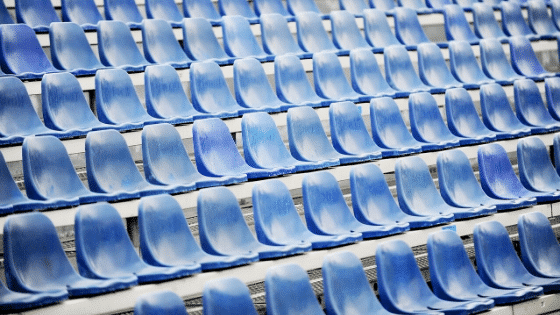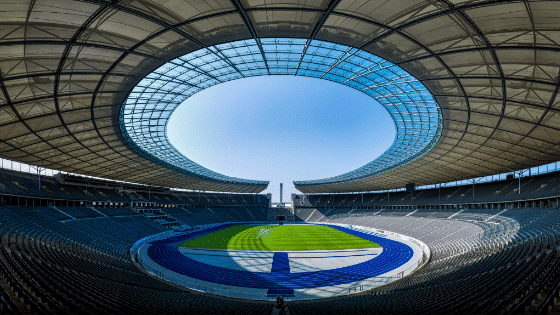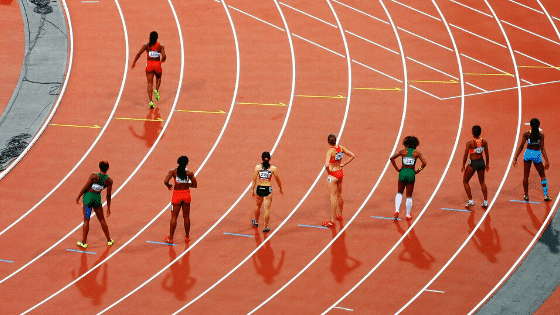State aid has a purely local impact when i) the beneficiaries supply goods or services to a limited area within a Member State, ii) they are unlikely to attract customers from other Member States and iii) there is no inducement for cross-border investment or establishment. Introduction The article this week continues with the theme of affectation of trade that […]
State Aid Law
Blog
State Aid Uncovered Blog
In Lexxion’s State Aid Uncovered blog, Prof. Phedon Nicolaides publishes weekly critical analyses of recent State aid judgments and decisions. Each post presents the key points of a court judgment or EU Commission decision, places it in the context of similar case law or practice, assesses the underlying reasoning and highlights any inconsistencies or contradictions.
Guest contributions from other State aid experts will also be published on the blog at irregular intervals to complement the content of the blog posts.
- sport ×
28. March 2014 |
State Aid Uncovered
by Phedon Nicolaides
The existence of an advantage cannot be excluded when the operator of an infrastructural facility is chosen through a competitive procedure which combines price with other selection criteria. The users of a subsidised infrastructural facility who pay a market fee may still derive an advantage when the facility is designed and/or reserved for certain usage. Introduction Ever since the Leipzig-Halle […]
8. June 2013 |
State Aid Uncovered
by Phedon Nicolaides
Introduction After the judgments of the General Court and the Court of Justice on public funding of infrastructure in the now landmark case of Leipzig-Halle, the European Commission is scrutinising more closely than ever the construction and operation of stadiums and arenas. In March 2012, the Commission opened two in-depth investigations into public funding for multi-function arenas, one in Uppsala […]
1. May 2013 |
State Aid Uncovered
by Phedon Nicolaides
Introduction In this blog I examine primarily a Dutch measure that supports cultural institutions by providing tax incentives to individuals and corporations to make donations to those institutions. This is an unusual construction because the direct beneficiaries are different from the indirect beneficiaries which, however, are the main targets of the measure. This construction has been used rather extensively in […]
- sport ×
19. December 2017 |
State Aid Uncovered
by Phedon Nicolaides
State aid has a purely local impact when i) the beneficiaries supply goods or services to a limited area within a Member State, ii) they are unlikely to attract customers from other Member States and iii) there is no inducement for cross-border investment or establishment. Introduction The article this week continues with the theme of affectation of trade that […]
28. March 2014 |
State Aid Uncovered
by Phedon Nicolaides
The existence of an advantage cannot be excluded when the operator of an infrastructural facility is chosen through a competitive procedure which combines price with other selection criteria. The users of a subsidised infrastructural facility who pay a market fee may still derive an advantage when the facility is designed and/or reserved for certain usage. Introduction Ever since the Leipzig-Halle […]
8. June 2013 |
State Aid Uncovered
by Phedon Nicolaides
Introduction After the judgments of the General Court and the Court of Justice on public funding of infrastructure in the now landmark case of Leipzig-Halle, the European Commission is scrutinising more closely than ever the construction and operation of stadiums and arenas. In March 2012, the Commission opened two in-depth investigations into public funding for multi-function arenas, one in Uppsala […]
1. May 2013 |
State Aid Uncovered
by Phedon Nicolaides
Introduction In this blog I examine primarily a Dutch measure that supports cultural institutions by providing tax incentives to individuals and corporations to make donations to those institutions. This is an unusual construction because the direct beneficiaries are different from the indirect beneficiaries which, however, are the main targets of the measure. This construction has been used rather extensively in […]
- sport ×
19. December 2017 |
State Aid Uncovered
by Phedon Nicolaides
State aid has a purely local impact when i) the beneficiaries supply goods or services to a limited area within a Member State, ii) they are unlikely to attract customers from other Member States and iii) there is no inducement for cross-border investment or establishment. Introduction The article this week continues with the theme of affectation of trade that […]
28. March 2014 |
State Aid Uncovered
by Phedon Nicolaides
The existence of an advantage cannot be excluded when the operator of an infrastructural facility is chosen through a competitive procedure which combines price with other selection criteria. The users of a subsidised infrastructural facility who pay a market fee may still derive an advantage when the facility is designed and/or reserved for certain usage. Introduction Ever since the Leipzig-Halle […]
8. June 2013 |
State Aid Uncovered
by Phedon Nicolaides
Introduction After the judgments of the General Court and the Court of Justice on public funding of infrastructure in the now landmark case of Leipzig-Halle, the European Commission is scrutinising more closely than ever the construction and operation of stadiums and arenas. In March 2012, the Commission opened two in-depth investigations into public funding for multi-function arenas, one in Uppsala […]
1. May 2013 |
State Aid Uncovered
by Phedon Nicolaides
Introduction In this blog I examine primarily a Dutch measure that supports cultural institutions by providing tax incentives to individuals and corporations to make donations to those institutions. This is an unusual construction because the direct beneficiaries are different from the indirect beneficiaries which, however, are the main targets of the measure. This construction has been used rather extensively in […]







